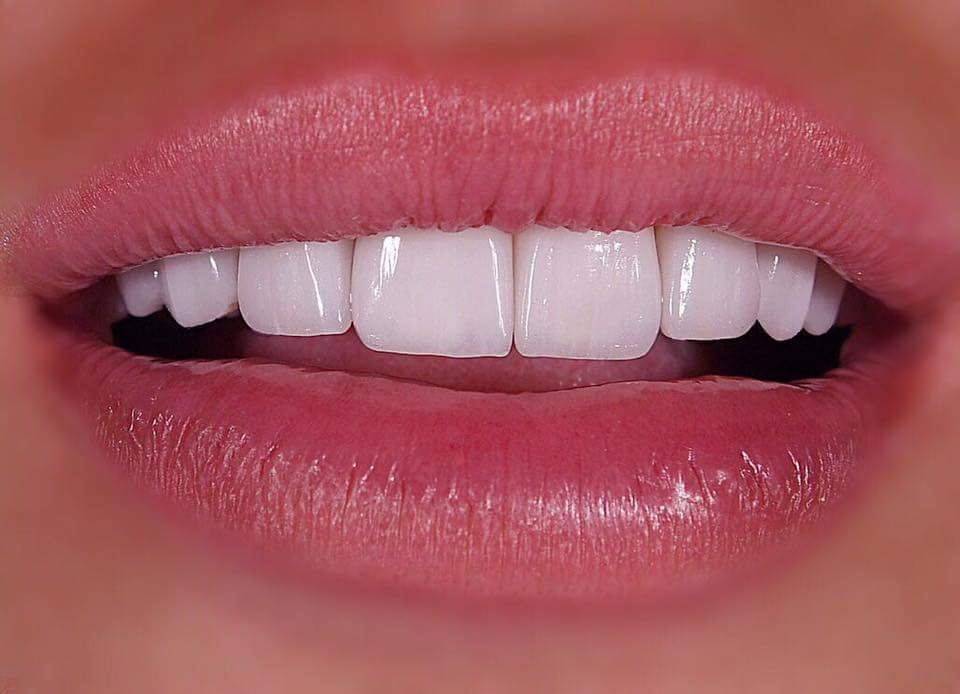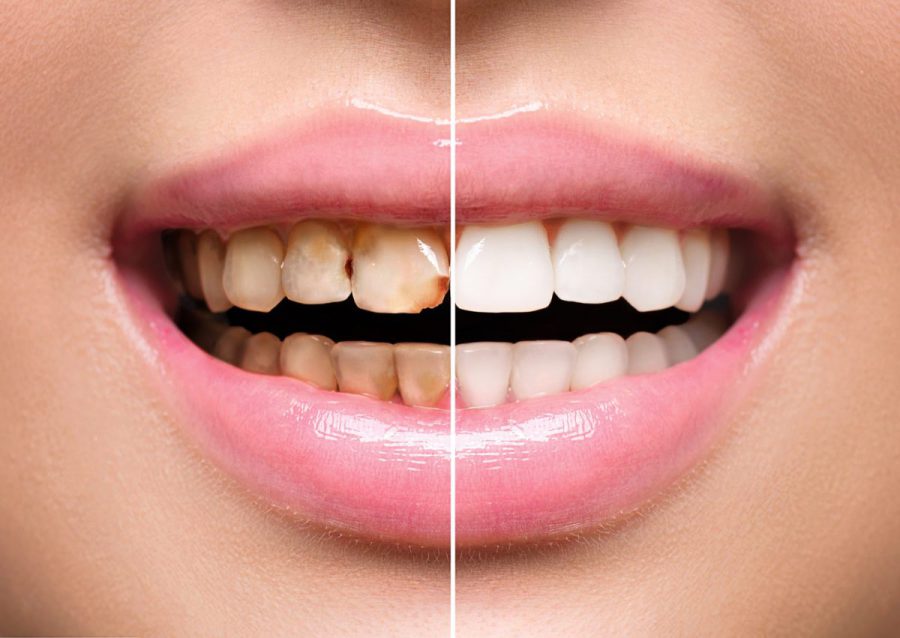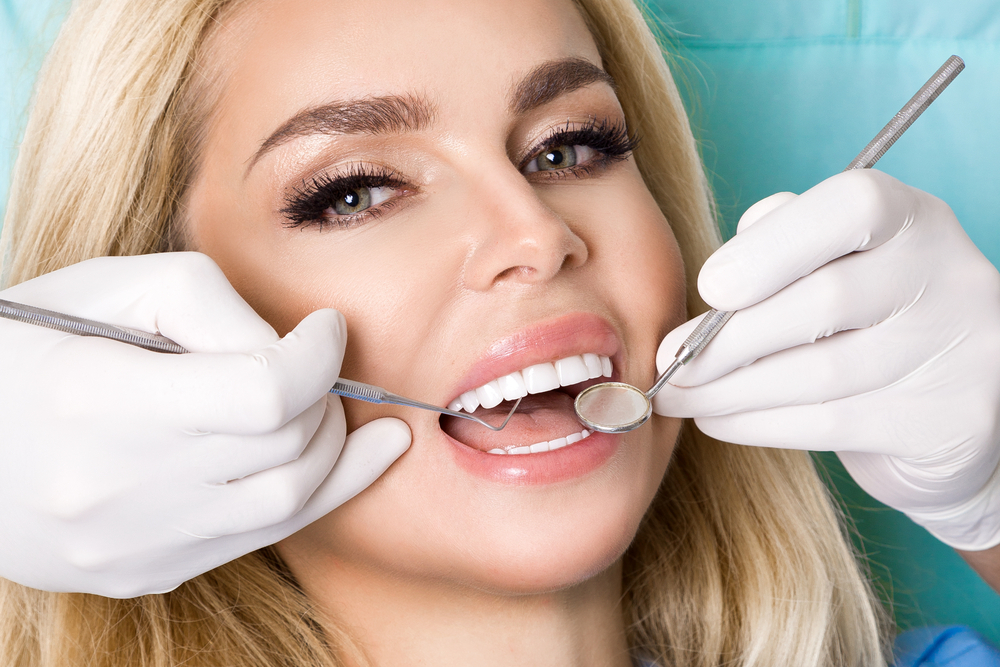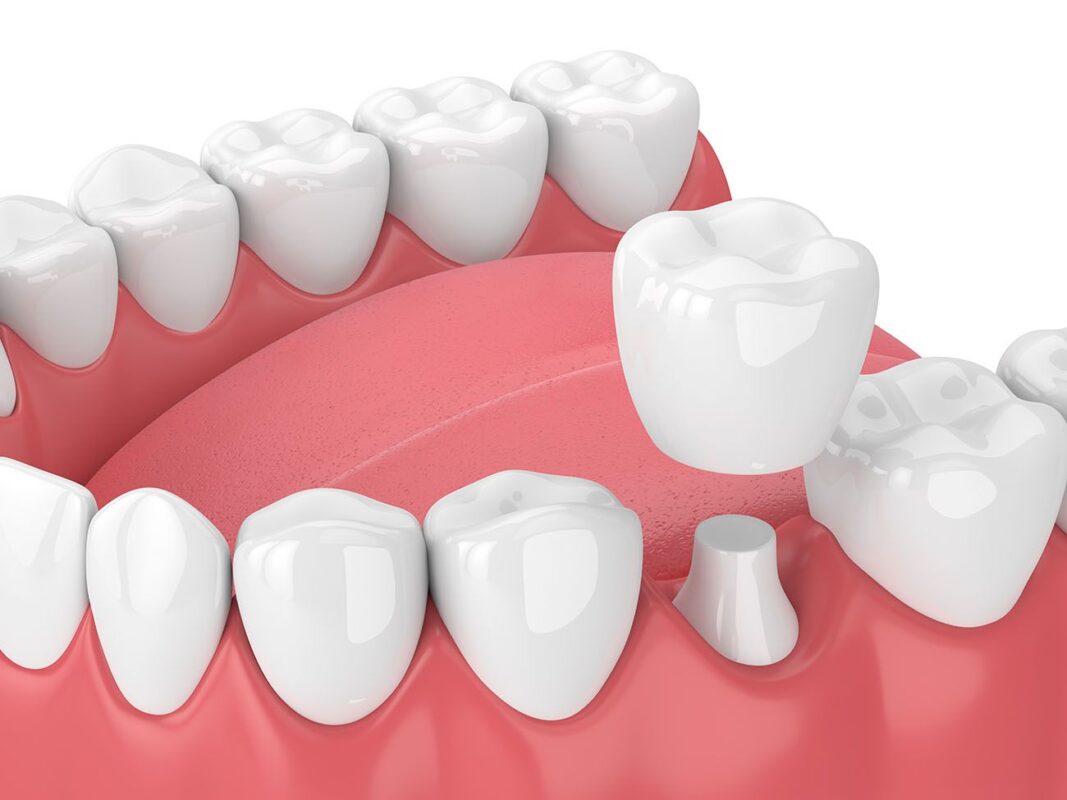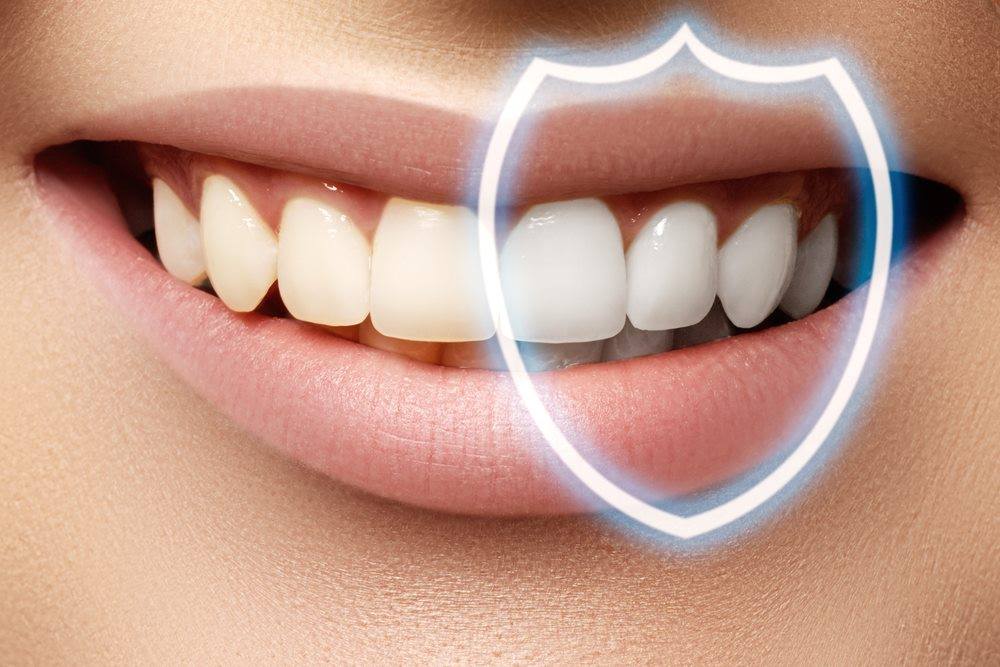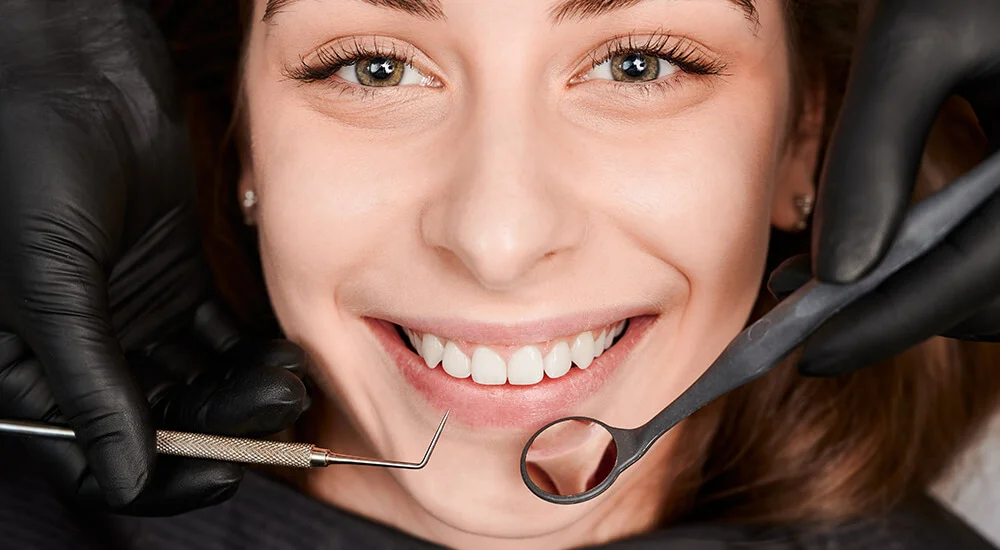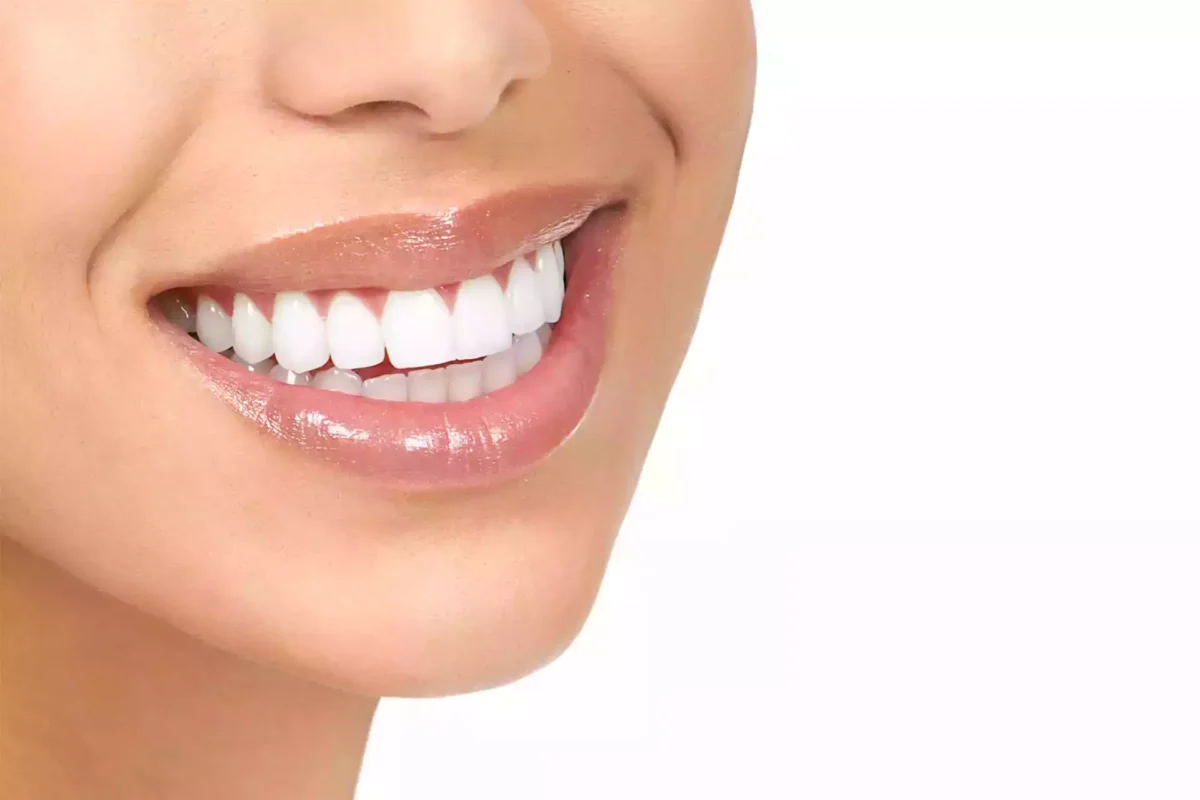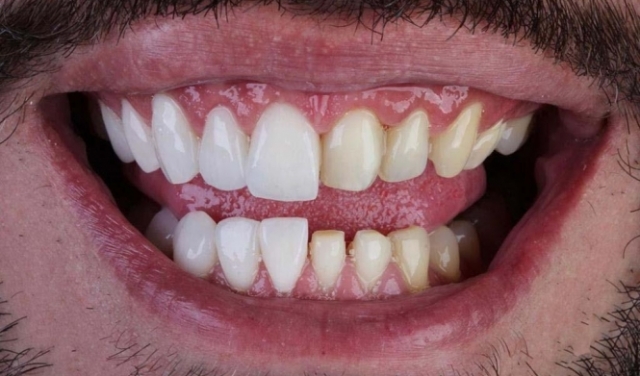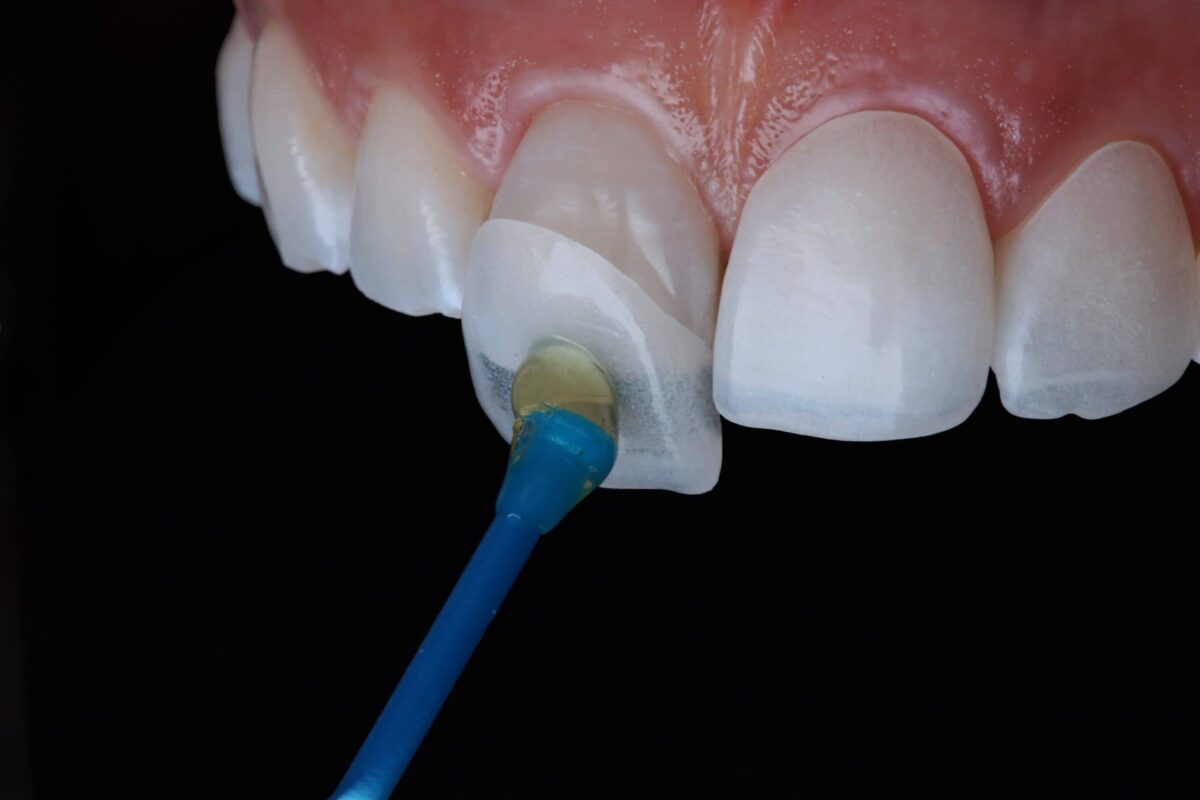Dental Veneers
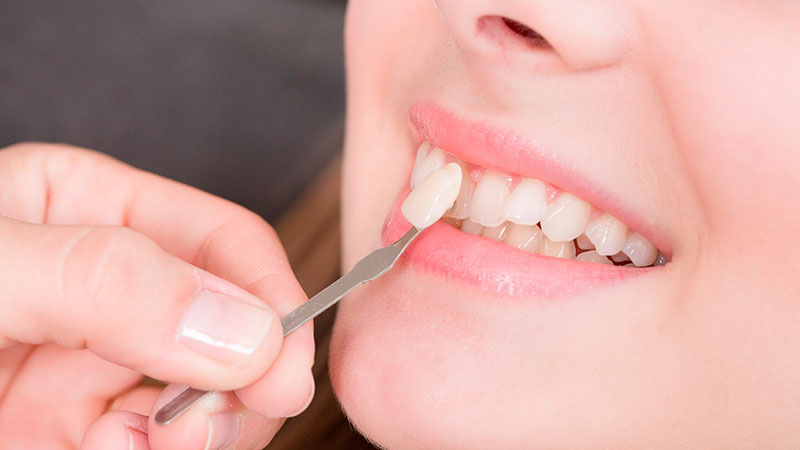
Dental veneers, also known as porcelain laminates, are an effective solution to enhance the aesthetics of your smile. These thin, custom-made shells are designed to adjust the shape, size, and color of your teeth according to your personal preferences and in consultation with your dentist. Beyond aesthetics, porcelain veneers are also used to correct damaged teeth or address jaw-related issues such as asymmetry, speech difficulties, and chewing problems.
At CARE PLUS Clinic, we offer dental veneers to give you an attractive appearance and boost your self-confidence. These veneers are installed without the need for cutting or major changes to the healthy tooth structure. The porcelain veneers are bonded to the tooth surface using advanced technology that allows light to pass through, giving the teeth a natural appearance and exceptional beauty.
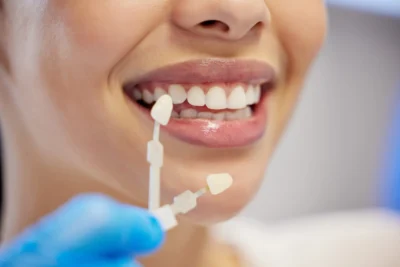
Types of Dental Veneers:
A Dental Veneers is considered the perfect solution to improve the appearance of your smile and treat some minor problems. Available in different types to meet every patient's requirements:
- metal veneers: They are made of metal materials, such as chromium and cobalt, and are considered strong and suitable for back teeth, but they may affect the appearance of the smile if used for front teeth.
- Zirconia veneers: Made of porcelain zirconium, they are strong and aesthetically pleasing, and are an ideal choice for front teeth, as they give a natural appearance and do not cause gum irritation.
- Ceramic (porcelain) veneers: Made of translucent porcelain, they give a very natural appearance to teeth and are usually used for people who care about the aesthetic aspect of their smile.
- E-max veneers: Made of lithium disilicate, they are very aesthetically pleasing and transparent, making them suitable for front teeth, but may be less durable in situations where the teeth are subjected to a lot of pressure.
- Composite veneers: Made of composite resin, they are less expensive, but require regular maintenance and may change color over time. They are often used as a temporary option or to treat minor problems.
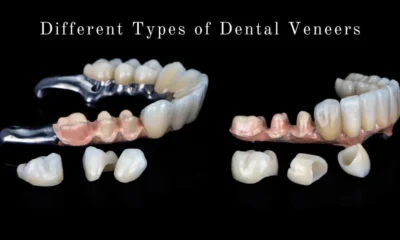
Dental Veneers Installation Mechanism:
First, you need to visit your dentist to assess your oral health and the suitability of veneers. The next step involves preparing your teeth by reducing a small portion of the tooth enamel to provide enough space for the veneers. The tooth preparation process is done under local anesthesia. Therefore, you should not feel any pain.
Next, precise measurements are taken of the teeth on which the veneers will be placed, and they are sent to the laboratory to make the porcelain veneers. When the veneers are ready, the dentist fixes them with a special adhesive that ensures their stability and natural appearance. The installation is completed with a polishing session to ensure harmony and color matching with the natural teeth.
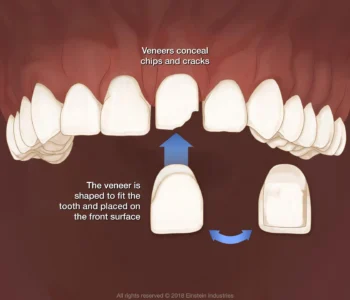
Benefits of Dental Veneers and Their Impact on Quality of Life:
Dental veneers are considered one of the leading solutions in the field of cosmetic dentistry, as they provide a wide range of benefits that contribute to improving the quality of life at the social and economic levels. The most prominent benefits of dental veneers are:
- Post Self-help: A beautiful smile increases your self-confidence, which helps you interact better in social and professional situations.
- Prevention of tooth decay: Dental veneers protect surfaces from wear and tear, contributing to longer oral health.
- Color stability and no need for constant polishing: Porcelain tiles retain their color over the long term and do not require frequent polishing, reducing the need for frequent maintenance visits.
- High corrosion resistance: The ceramic material used in the laminates is durable and hard, providing long-term durability and stability to the laminate.
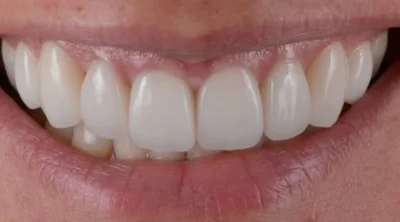
What Should Be Paid Attention to After Installing Dental Veneers?
After the veneers are permanently attached, it is necessary to follow several care instructions. The teeth should be cleaned daily using dental floss or a toothbrush. Also, the teeth should be avoided for crushing hard foods such as opening bottle caps, biting nails, or chewing hard objects because these actions may cause the restoration to break or fall out.
After the procedure, the patient is given a thin transparent plate that he is asked to wear while sleeping to minimize damage caused by semi-functional movements on the composite plate. The patient is called for a check-up 1-2 weeks after the procedure to monitor the compatibility of the restorations with the gums, fractures, cracks, discoloration, sensitivity, and oral hygiene. The patient is also called for routine follow-ups every 6 months to make sure everything is under control as much as possible.
If you're considering dental veneers, you may also want to learn more about other aspects of Cosmetic Dentistry such as teeth whitening or orthodontics.
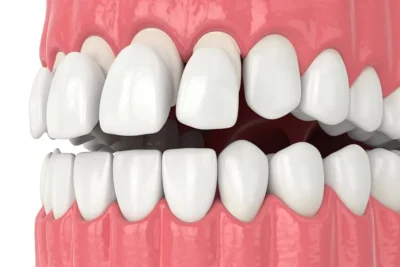
Finally:
In conclusion, dental veneers are a revolution in cosmetic dentistry, providing quick and effective solutions for those looking to improve the appearance of their smile. However, individuals should make their decision regarding dental veneers after carefully assessing the benefits and risks associated with the procedure and consulting a qualified dentist. Maintaining good dental hygiene and regular follow-up with the dentist remain essential to ensure lasting positive results. Of course, dental veneers are not just a cosmetic option, they are an investment in self-confidence that can make a significant difference in an individual’s quality of life.
Please enter your data correctly
We will contact you as soon as possible.


